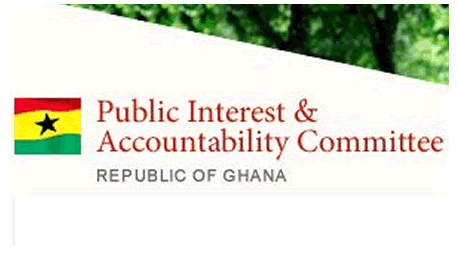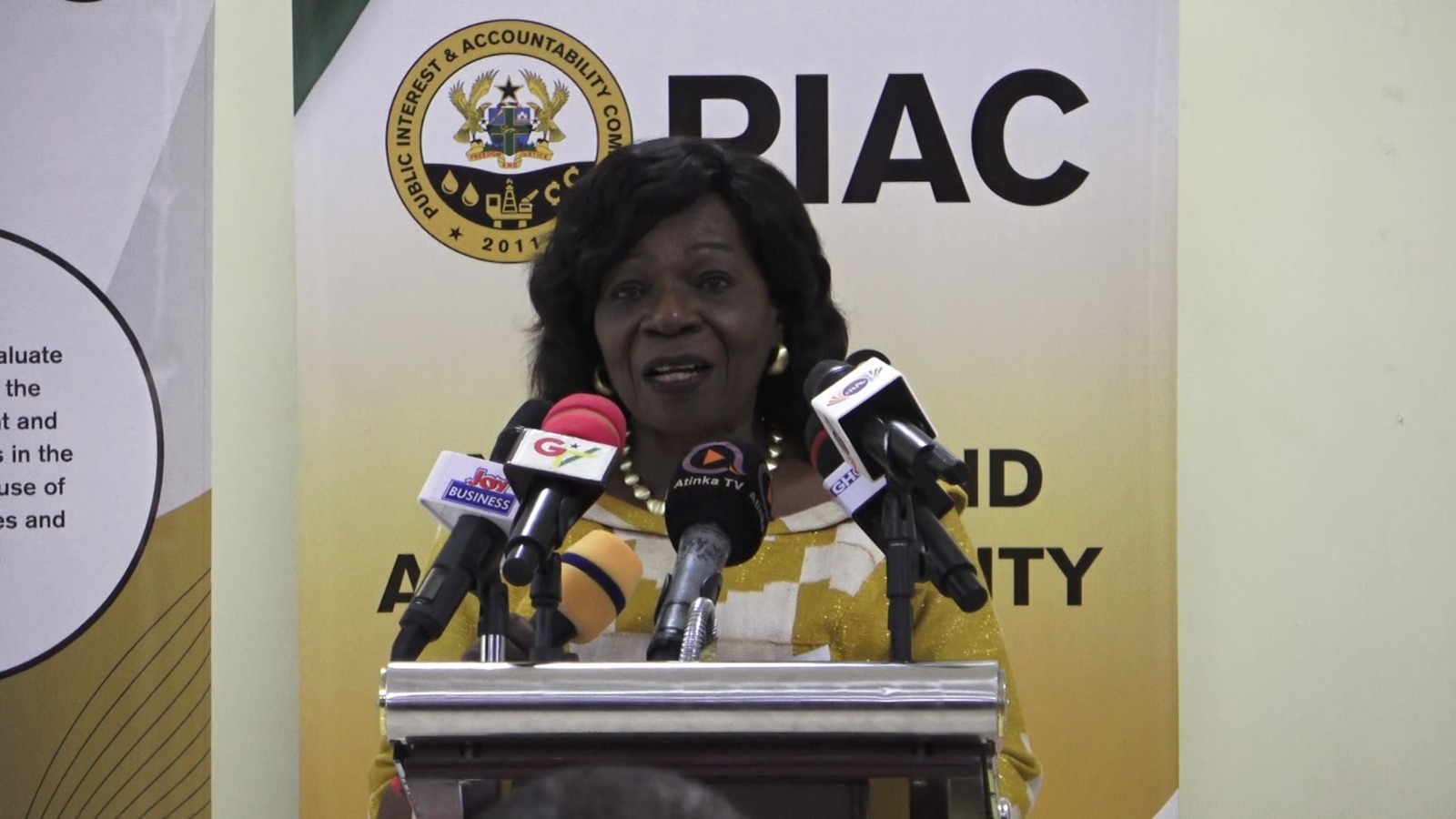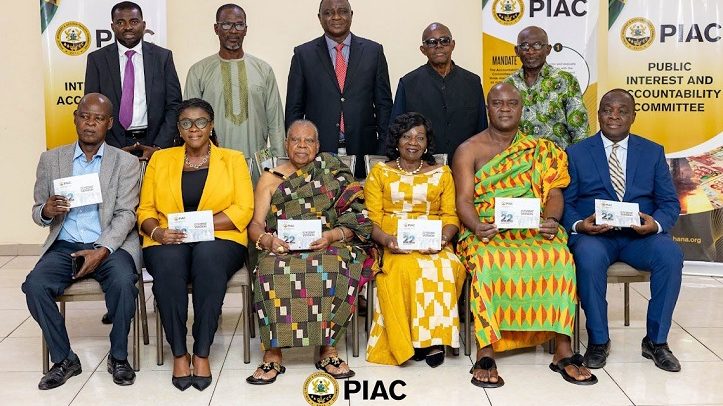
The Public Interest and Accountability Committee (PIAC) has launched the inaugural Citizens’ Version of its statutory report on the management and utilisation of oil revenues of the country, toward bolstering transparency and empowering the public.
This latest release offers a comprehensive overview of petroleum revenues’ utilisation throughout the year 2022.
The Citizens’ Version, according to PIAC, stands as a testament of its commitment to furnishing citizens with accessible information about the management and allocation of petroleum revenues.
Speaking at the launch of this initiative in Accra, the Chair of PIAC, Emerita Professor Elizabeth Ardayfio-Schandorf, said the Citizens’ Version reflects PIAC’s commitment to provide citizens with essential information that promotes transparency and accountability.
She said transparency and accountability remain critical to ensuring prudent financial management, especially for an impactful sector like the petroleum industry. “The Citizens Version thus ensures that the complex information in our Reports is presented in a simplified and accessible format to help empower citizens.
“We believe that getting the general public informed is the foundation of a transparent and accountable governance structure for our petroleum revenues,” she said.
The report is a bid to demystify intricate financial data, and is expected to equip the public with a simplified understanding of how government funds derived from the oil sector are put to use.
By breaking down complex financial details, this endeavour enables individuals to grasp the intricacies of governmental resource management; promoting a clearer understanding of oil-generated revenues’ utilisation.
This transparent approach not only signifies a commitment to open governance but also catalyses building trust between government and its constituents.
By providing citizens with a user-friendly interpretation of the petroleum revenue reports, PIAC is fostering an environment where the public can actively participate in discussions surrounding fiscal decisions and policy-making.
Although simplified, the Citizens’ Version is very comprehensive and provides all the information captured in PIAC’s statutory reports, which a lot of people consider to be voluminous and technical, in a very simplified manner using infographics.
The former Chairman-PIAC and Co-chair-Ghana Extractive Industry Transparency Initiative (GHEITI), Dr. Steve Manteaw, also speaking at the event noted: “PIAC reports are no doubt technical and beyond the majority of our people’s comprehension”.
This, he reckoned, has not helped in mobilising citizens to demand policy and practice change in ways that will improve the benefits of petroleum extraction from authorities.
Given this, he lauded the Committee’s effort to create a ‘Citizens’ Version’ of a particular initiative. However, he suggested that it should be renamed the ‘Popular Version’ to better reflect its intended audience.
Additionally, he recommended that the new version should provide more context and analysis to help citizens make policy and practice changes related to the management of resources.
Chairperson-National Commission for Civic Education (NCCE), Ms. Kathleen Addy, also commended PIAC for the effort and described it as a “revolutionary initiative”.
She noted that accountability is a key principle for a healthy democracy all over the world. She explained that the idea of a social contract is based on citizens entrusting their personal and collective resources, such as taxes and oil revenue, to elected representatives who form a government. These representatives then use the resources for betterment of the entire population.
Against this backdrop, she encouraged citizens to take up the responsibility of being properly informed and holding duty-bearers accountable.
The post PIAC unveils simplified Citizens’ Version of petroleum revenue report appeared first on The Business & Financial Times.
Read Full Story





















Facebook
Twitter
Pinterest
Instagram
Google+
YouTube
LinkedIn
RSS